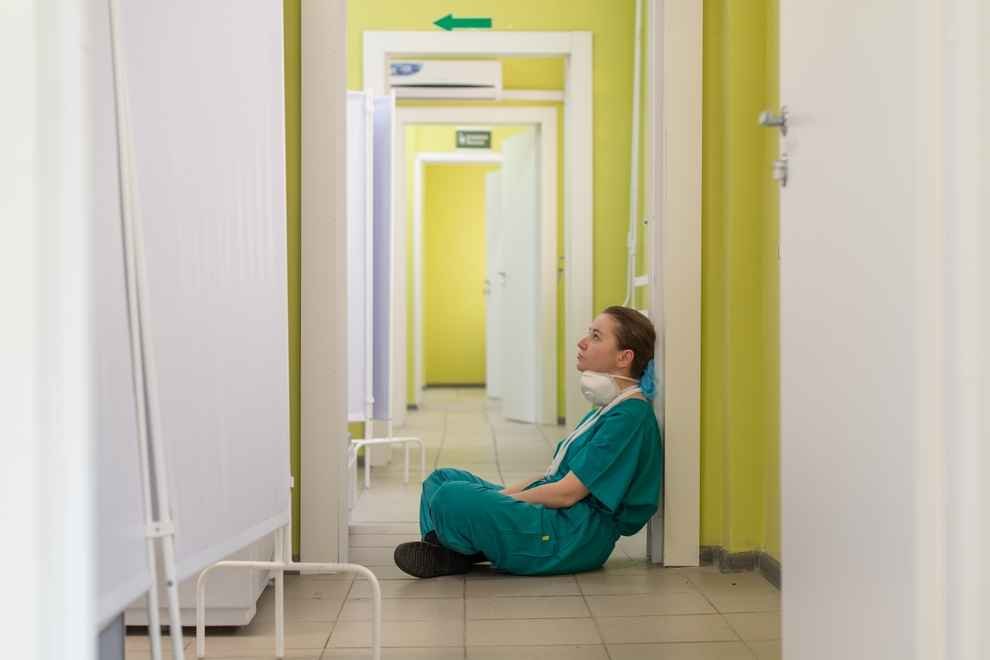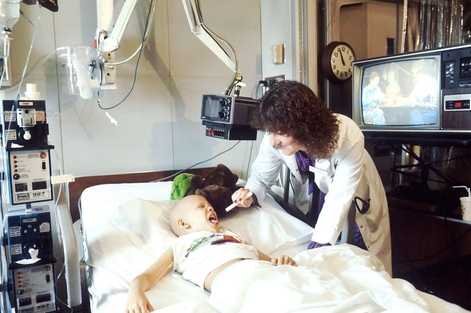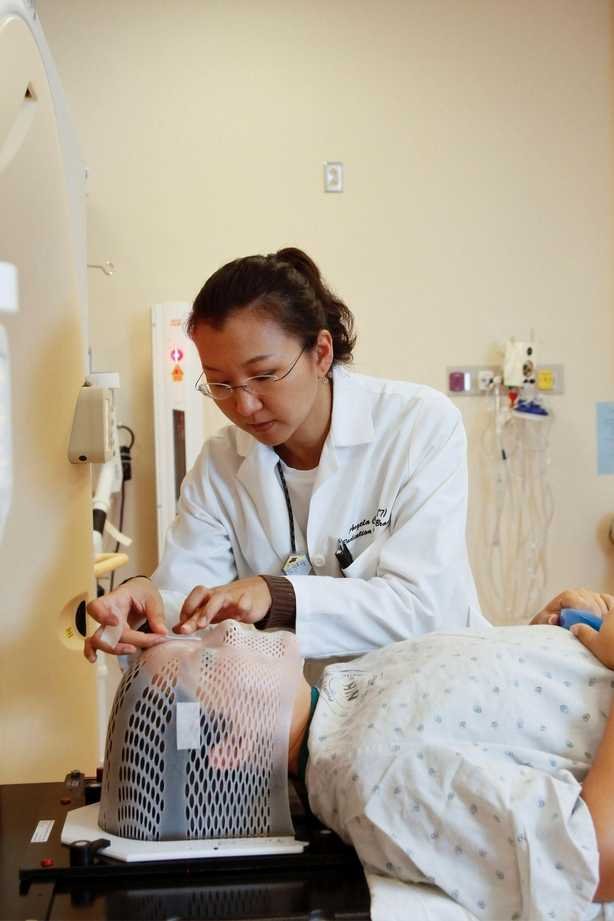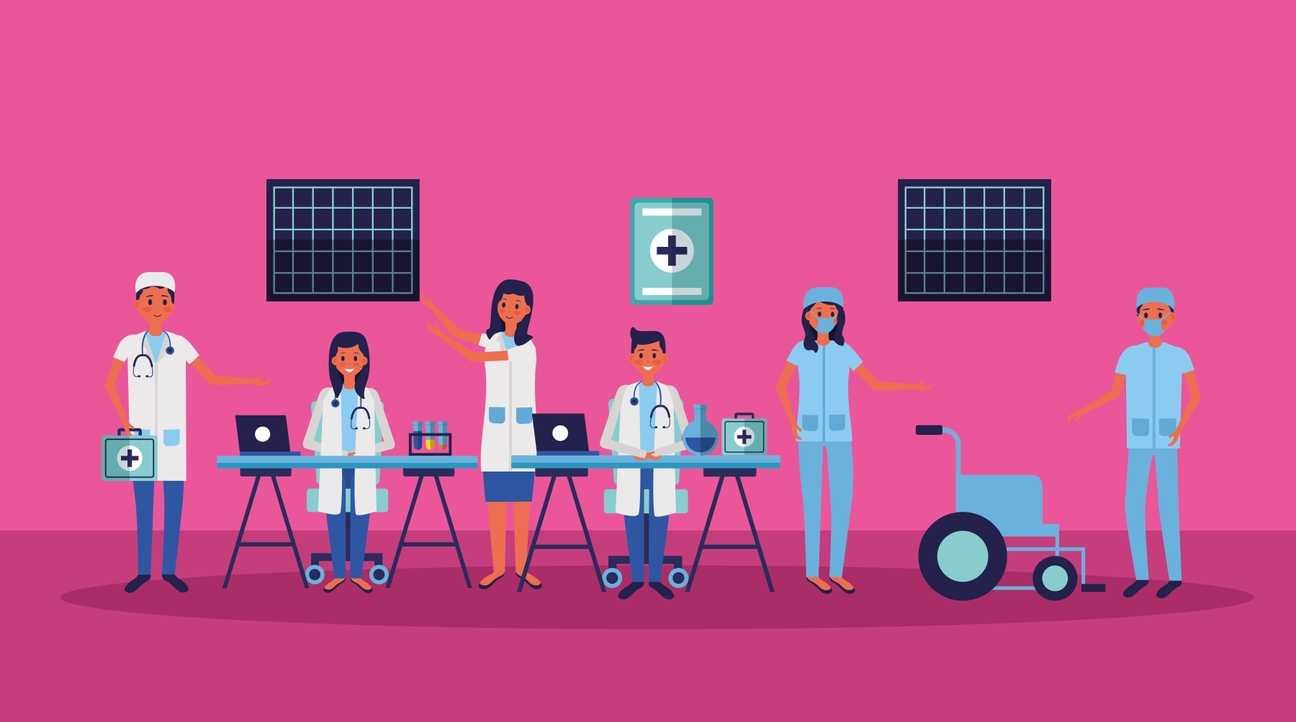Importance of clinical training during nursing
Clinical training is extremely important in nursing as it prepares students to deal with real patients and expand on the knowledge obtained in labs and courses. Clinical experience is the lifeblood of your nursing education. Clinical assignments are regarded to be an important component of your nursing education regardless of where you go to school as they expose you to circumstances and experiences in a variety of real-world settings.
During clinical training, you will see outpatient clinics, community health centres, hospitals, and mental health facilities, as well as the locations in which you will likely work after graduation. You not only get to see how nurses interact with and care for patients in these settings, but you also acquire real-world nursing experience.
Benefits of Clinical Experience in Nursing
Clinical experience is an absolutely necessary component of your nursing education. You will not become a nurse until you have first participated in clinics as a student. Clinical rotations will be needed at any recognised nursing programme since they provide you with hands-on patient care experience. Let’s look at some of the benefits of clinical experience for nursing students, from learning new skills to preparing them for real-world nursing work environments.
Develop and Polish Nursing Skills: Coursework and labs will teach you nursing skills and techniques, but putting them into practice requires actual patient care and a real healthcare environment. A nurse may have to take vitals or administer medication, bathe or feed patients, and more on a daily basis. These skills and techniques prepare you for a career in nursing.
Network for Your Future: It is undeniably beneficial to your future as a nurse to gain quality clinical experience. A healthcare facility where you gain these valuable real-world skills is no different. You'll gain real-world experience collaborating, communicating, and working alongside elite physicians, nurses, and other staff members through exclusive partnerships. Regardless of whether or not you will land a job within your clinical environment, you should conduct each clinical like an interview.
Early Exposure, Lasting Benefits: Starting nursing clinical earlier helps you build confidence and know what's expected of you not only as a nursing student but as a registered nurse as well. It can seem daunting to enter a healthcare facility in the early stage of their course. For this reason, accelerated nursing students must participate in clinical orientation. Early exposure to real-world settings will only induce lasting benefits for your career.
Things to Remember During Clinical Training
Be Organized: Have a plan for your day and write down your goals like it’s your job, as you may spend several hours a week writing papers, reading, learning about medications, and even more.
Ask Questions: Don’t be hesitant and ask as many questions as you want to during your clinical training. Also, use your downtime between rounds to connect with other healthcare professionals.
Practice, Practice, Practice: There’s no alternative to practice. The more you practice, the better you will get better at your job. Take your time to refine your skills in the lab before working with actual patients.
Keep Your Mind Open: You may want to pursue the emergency room (ER) when you commence your clinical training. However, you may later want to world in the pediatrics department. So, keep your mind open to changes as you go through the clinical training during your nursing course.
Those were some of the benefits and things you need to keep in mind as you undergo clinical during nursing. Clearly, clinical experience is an important part of your nursing education. After completing the training, you'll be able to confidently enter the workplace with the clinical skills and experience you've gained.


























